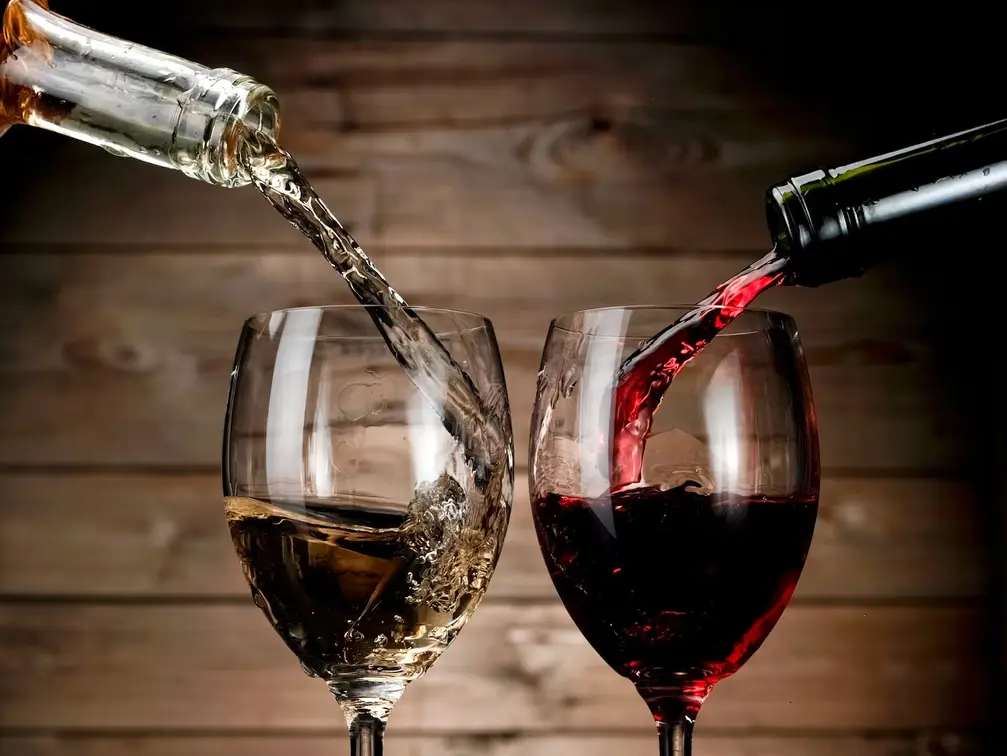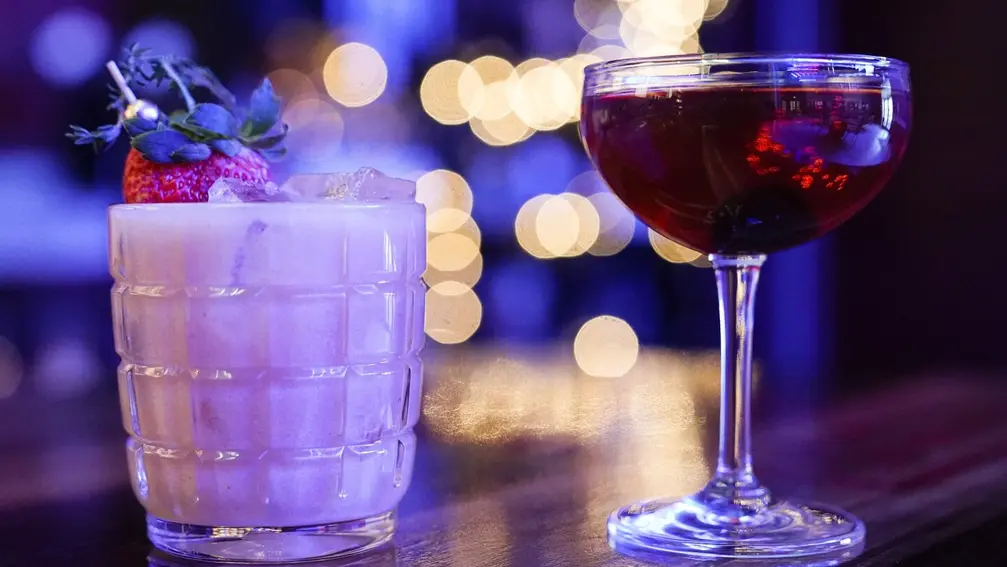T4K3.news
Brown study on wine and cancer risk
A Brown University meta-analysis finds no overall cancer risk difference between red and white wine, with a possible skin cancer link to white wine.

A Brown University meta-analysis finds no overall cancer risk difference between red and white wine, with a possible skin cancer link to white wine.
Brown study finds no difference in cancer risk between red and white wine
Researchers at Brown University conducted a meta-analysis of 42 observational studies, covering nearly 96,000 participants, to compare cancer risks between red and white wine. They found no overall difference in cancer risk between wine types. The analysis also showed that white wine was linked to a higher risk of skin cancer, while red wine showed no such association.
Relative risk figures for the highest versus the lowest intake were 0.98 for red wine and 1.00 for white wine, both not statistically significant. The authors note limitations common to meta analyses, such as reliance on published data and the inability to adjust for all confounding factors like sun exposure. They caution that these findings do not warrant public health recommendations. The researchers also say that red wine has more grape skin compounds such as resveratrol, but this did not translate into a lower cancer risk in humans.
Key Takeaways
"The first key finding is that overall, there is no difference by wine type in terms of cancer risk."
Author summarizing the main result
"For skin cancer, only white wine was significantly related to increased risk."
Specific cancer type finding
"We could only compare low intake versus high intake because studies used different comparisons."
Study limitation
"At this stage, I would consider our findings an interesting observation rather than a basis for public health recommendations."
Cautious interpretation
Big health claims about wine often outpace what the data can prove. This study shows that the idea of red wine as a cancer shield does not hold up in people when many studies are combined. The pattern is not a victory for red wine, but a reminder that simple choices rarely fix complex risks.
Readers should take these findings as guidance to think critically about health hype. Alcohol carries cancer risk, and public health messaging must be careful to avoid encouraging heavier drinking or creating backlash from industry interests. The lesson for researchers is clear: observational work must be translated with caution into practical advice.
Highlights
- Science rarely lets a wine label do the heavy lifting
- Hype around red wine as a cancer shield collapses under data
- Antioxidants look different when you count people not lab dishes
- Wine talk is loud online but the numbers are quiet
Public health messaging risks around alcohol guidance
The topic touches on how health guidance about alcohol is communicated to the public. Because the study is observational and does not provide clinical guidance, misinterpretation could affect policy, industry behavior, and public attitudes.
The story of wine and health remains uncertain and research will continue to probe how everyday choices affect cancer risk.
Enjoyed this? Let your friends know!
Related News

Foods Linked to Worsening Inflammation Identified

Alcohol and cancer study prompts NHS screening drive

New studies explore sunlight benefits for health

Triclosan in soaps linked to eczema in children

Experts demand clearer cancer warnings on drinks

Record share of Americans view moderate drinking as harmful

New Study Links Ultra-Processed Foods to Lung Cancer

Exploring Antioxidant-Rich Foods
